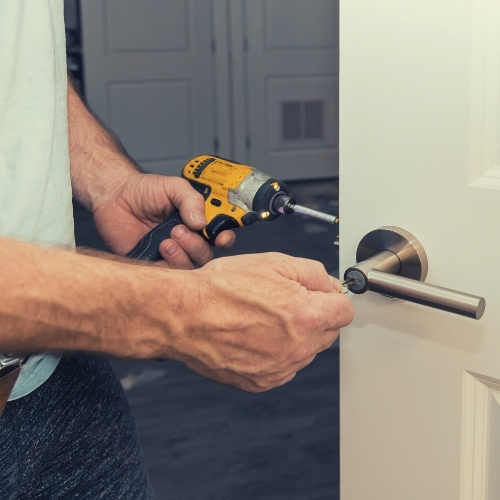When the Tax Cuts and Jobs Act (TCJA) was passed in 2017, it contained an inadvertent drafting error by Congress. The error made it so that any qualified improvement property (QIP) placed in service after Dec. 31, 2017, wasn’t considered eligible for 100 percent bonus depreciation. This typically includes upgrades to retail, restaurant and leasehold property.
As a result, businesses that owned the eligible property couldn’t take advantage of the additional tax deduction of 100 percent of the cost of qualifying upgrades. The problem became commonly known as the “retail glitch.”
Fortunately, when drafting the Coronavirus Aid, Relief and Economic Security (CARES) Act, Congress fixed the glitch. Most businesses can now claim 100 percent bonus depreciation for QIP, assuming all applicable rules are followed. Better yet, the correction is retroactive to any QIP placed in service after Dec. 31, 2017. (Improvements related to a building’s enlargement, elevator or escalator, or internal structural framework don’t qualify.)
Because of the slowdown in the U.S. economy, your business (like so many others) may not be in a financial position to undertake a QIP project right away. However, you may have made eligible improvements earlier this year or in earlier tax years after December 31, 2017. As economic conditions improve, factor this tax break into your considerations for making future property improvements.
Sign Up to Receive Email Updates
Be sure you’re getting the latest insights as legislative developments occur. We’re here for you with tax insights and business resources.
Sign Up Now
We Are Here for You
Contact us to talk through the challenges your business faces as you navigate through this unprecedented time. No doubt you’ll need help assessing cash flow and making smart projections, reviewing loan covenants, lining up bridge financing, talking to banks and lenders, figuring out staff loads and employee counts, handling disrupted supply chains, and so much more.
Read An Important Message from Our Firm





